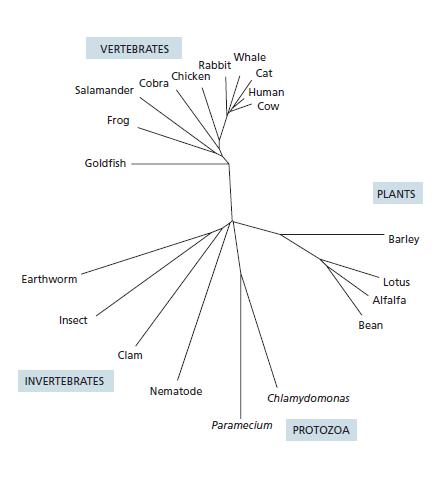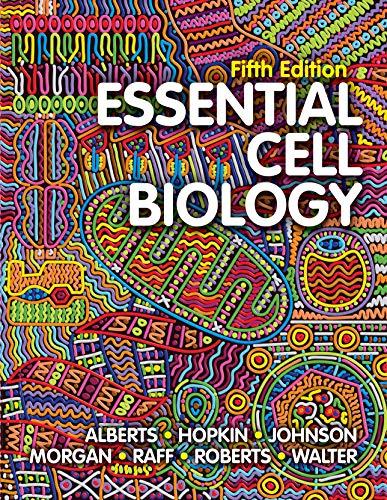The accuracy of DNA replication in the human germ cell line is such that on average only
Question:
The accuracy of DNA replication in the human germ cell line is such that on average only about 0.6 out of the 6 billion nucleotides is altered at each cell division. Because most of our DNA is not subject to any precise constraint on its sequence, most of these changes are selectively neutral. Any two modern humans chosen at random will differ by about 1 nucleotide pair per 1000. Suppose we are all descended from a single pair of ancestors (an “Adam and Eve”) who were genetically identical and homozygous (each chromosome was identical to its homolog). Assuming that all germ-line mutations that arise are preserved in descendants, how many cell generations must have elapsed since the days of our original ancestor parents for 1 difference per 1000 nucleotides to have accumulated in modern humans? Assuming that each human generation corresponds on average to 200 cell-division cycles in the germ-cell lineage and allowing 30 years per human generation, how many years ago would this ancestral couple have lived?
Step by Step Answer:

Essential Cell Biology
ISBN: 9780393680362
5th Edition
Authors: Bruce Alberts, Karen Hopkin, Alexander Johnson, David Morgan, Martin Raff, Keith Roberts, Peter Walter





